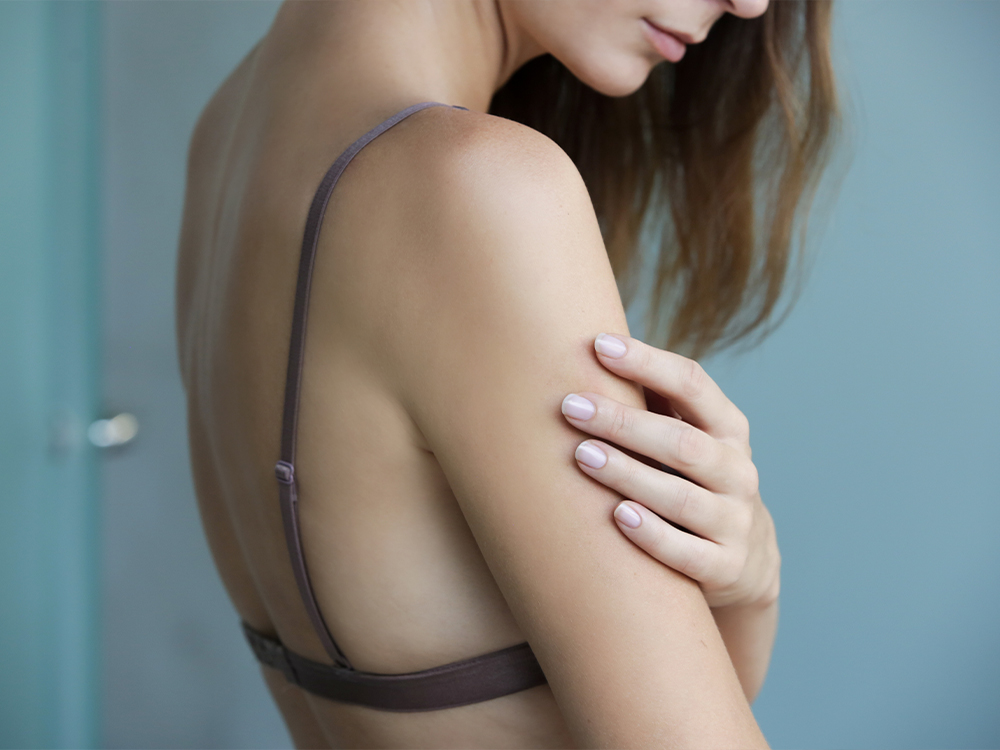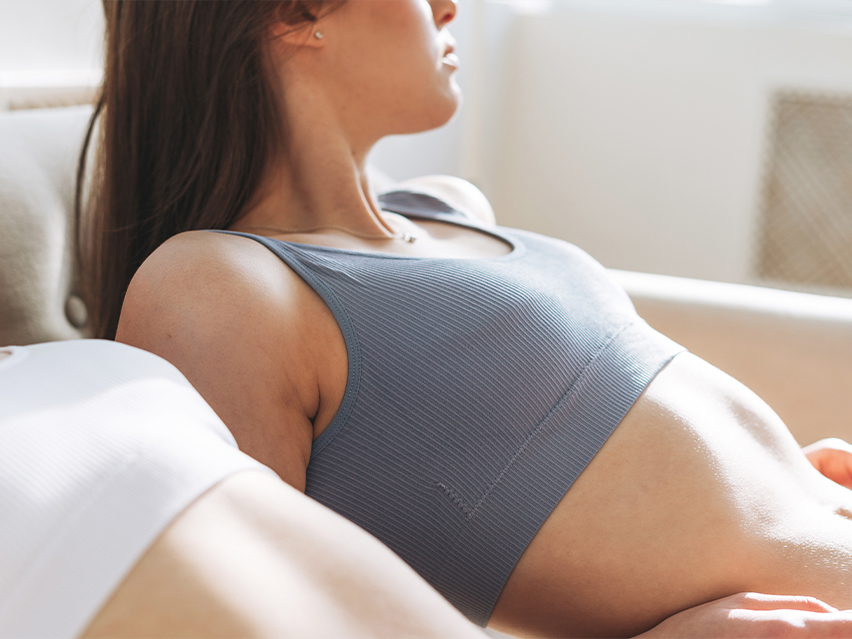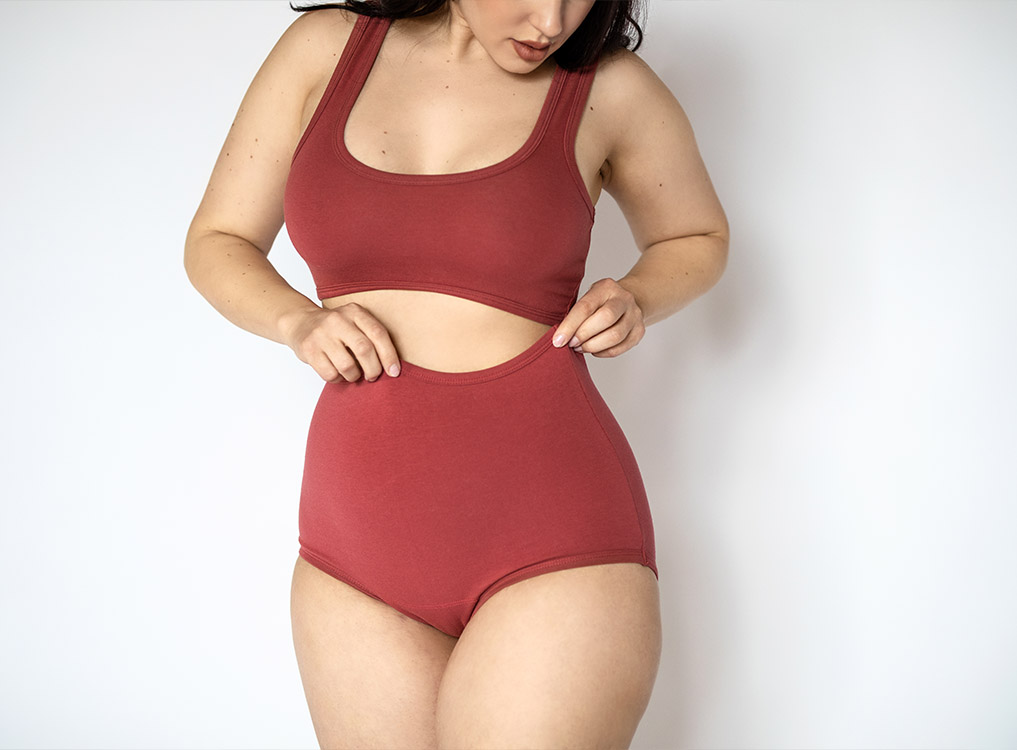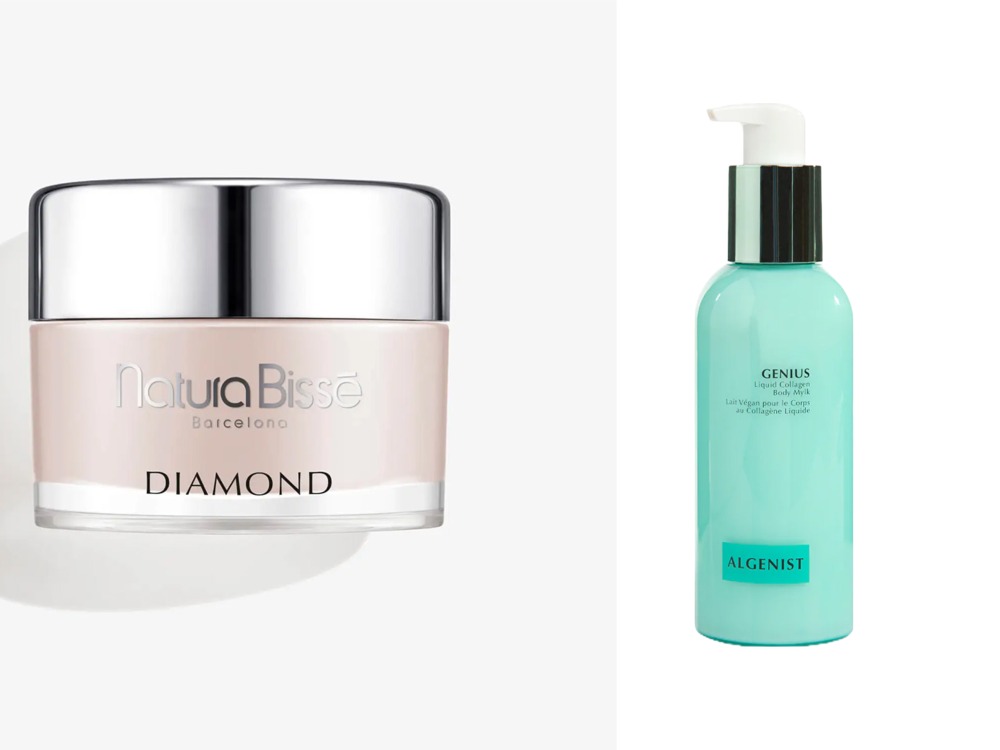Breast augmentation procedures have come a long way over the years. With manageable pain, smaller incisions and faster recovery, the procedure doesn’t keep you down for too long. However, experts still urge you to heed a few pieces of advice to ensure the best recovery possible.
Don’t sit still
While a fair amount of rest is important post-procedure, experts say you need to keep moving to avoid getting stiff. At first, you should baby your post-procedure body. Houston, TX plastic surgeon Henry A. Mentz, MD and physician assistant Nadia Hafeez advise patients to do “T-rex arms,” which involve “keeping biceps close to the body and not hyperextending or overreaching.” Once you’re feeling up to it, Newport Beach, CA plastic surgeon Sanjay Grover, MD said you should do some light stretching.
“Postoperatively, I prefer that my patients move their arms gently and lightly stretch so that they don’t feel cramped or tight as following a tough workout,” explained Dr. Grover. Tucson, AZ plastic surgeon Raman Mahabir, MD also noted that “light walking is okay and good for you. It helps to minimize the risk of complications.”

Return to exercise slowly
Doctors recommend avoiding regular exercise anywhere from four weeks to three months post-operation, so it’s important to ask your doctor what they recommend for your personal recovery process. Dr. Mahabir pointed out that if you have under-the-muscle implants, you should hold off on using your chest muscles for about six weeks.
“All too often patients try to get back to the gym too early and end up with implants that are either too low, too far to the side or both. This is a result of working out too soon and pushing the implants down and out,” said Dr. Mahabir. Dr. Grover advised patients to limit exercise to a gentle walk, then a more brisk walk around one-month post-operation, returning to a normal exercise routine two to three months out.
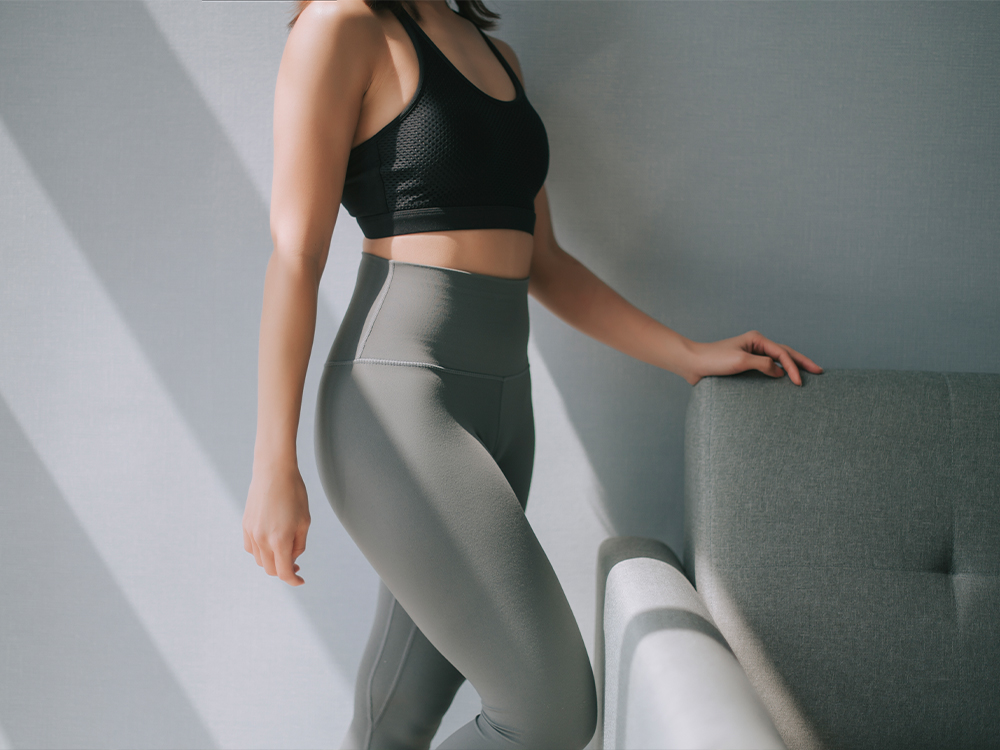
Be careful around the three-week mark
Dr. Mahabir said issues most commonly arise around the three-week mark. By that time, “you look great and you start to feel great, so you start to do more. However, this is when the healing tissue around your implants is at its most vulnerable and at risk of bleeding,” explained Dr. Mahabir. “Commit to the recovery and just take it easy for the full recovery period.”
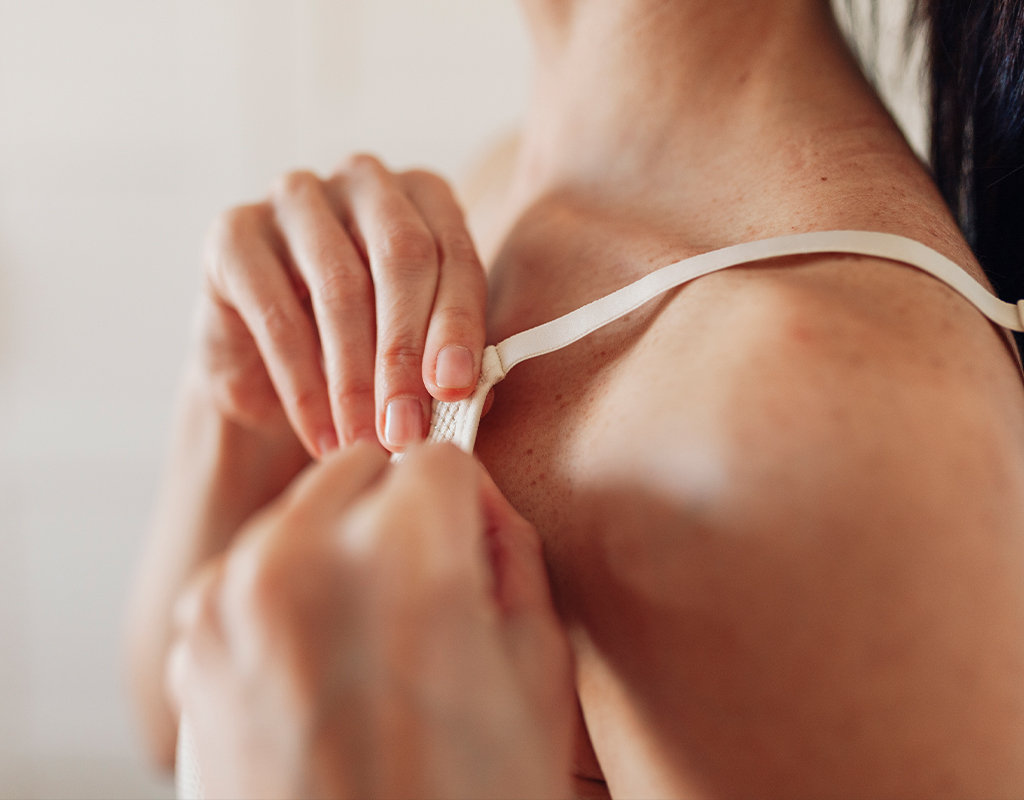
Adhere to all of your doctor’s instructions
You should fully take into account every piece of advice that your doctor gives you as they’re the most familiar with your procedure. “It is important that patients adhere to their plastic surgeon’s pre-operative instructions as well as post-operative instructions,” said Dr. Grover.

Only return to work if it’s safe
While you might be itching to get back to work after being stuck on the couch for a bit, Dr. Mahabir noted that whether you can return to work safely is reliant on your type of job. “You can be back to work a day or two after surgery,” said Dr. Mahabir, “as long as your job is a low stress, low impact job like a computer or desk job.”

Wear loose clothing
Great Neck, NY plastic surgeon Ron Israeli, MD and co-creator of RESTORED: Exhibit & Book, advised shopping for some post-surgery clothes ahead of time. “Most women may not be able to pull a shirt over their heads after surgery, so they may want to get some soft, comfortable and loose-fitting garments that close in the front,” said Dr. Israeli.

Take ibuprofen, arnica and bromelain
Ibuprofen is an old reliable that is a great multi-tasker post-procedure. Dr. Grover suggested taking some every eight hours to help minimize any discomfort and help reduce swelling. Arica and bromelain are a powerhouse duo that can help minimize bruising and swelling. Dr. Grover advised that you take them as well.
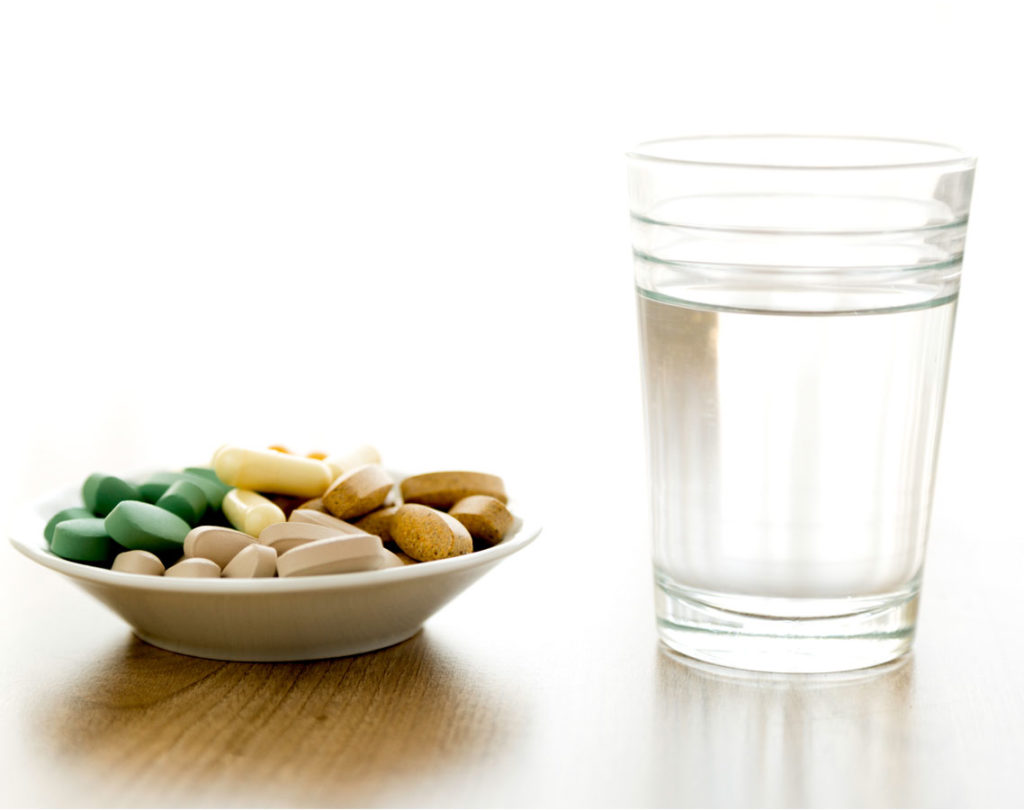
Eat your normal diet
Often people think they need to completely alter their diet post-procedure. While mixing in more healthy food can’t hurt, Dr. Mahabir warned that switching up your diet too much can do more harm than good. “All too often, people think they need a ‘special’ diet after surgery, and that only adds to the tummy and bowel upset,” said Dr. Mahabir. “Eat your regular diet after surgery.”

Wear a sports bra
Dr. Grover, Hafeez and Dr. Mentz all recommend that patients wear a sports bra—finding options that secure in the front rather than the back is a good idea—for the first month and then transition to underwire bras.

Tend to your scars
Dr. Mahabir advised that you should massage your scar with an antioxidant scar cream to help “the collagen and elastin fibers get laid down in a more organized and softer, more supple scar.” He also noted that silicone gel sheeting is also beneficial to help heal scars.
Equally important is sun protection. “Scars are way more sensitive to the sun. They have very little pigment and therefore burn easier. By protecting the scars from the sun, you will end up with better scars,” explained Dr. Mahabir.
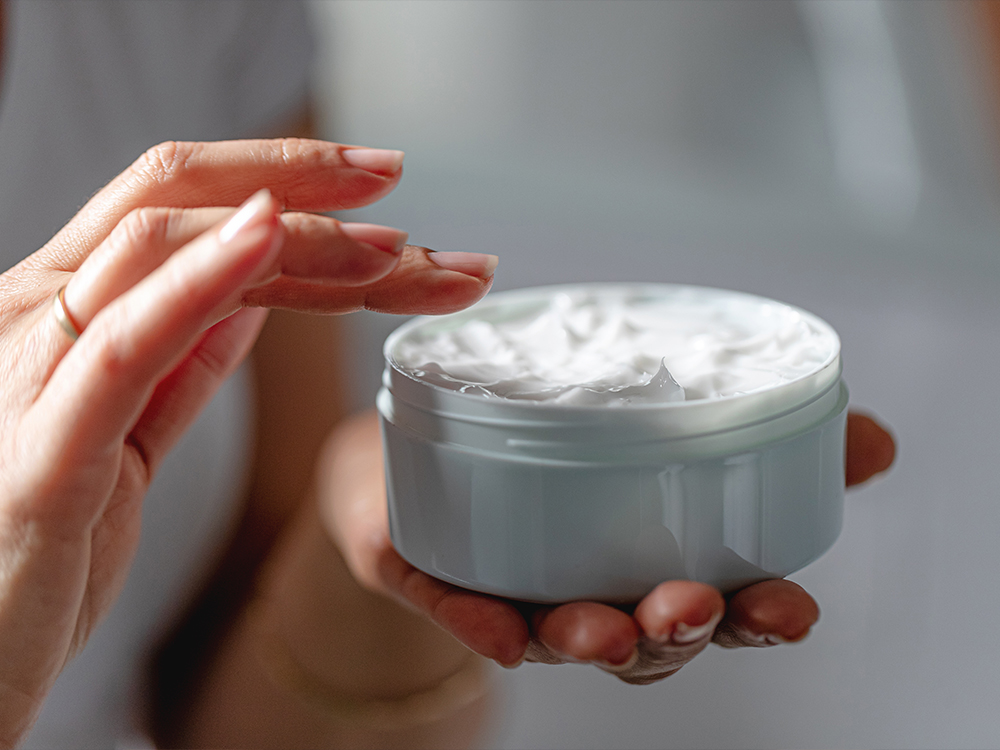
Listen to your body
Great Neck, NY plastic surgeon Jonathan Bank, MD and co-creator of RESTORED: Exhibit & Book, said, “the most important post-op advice is to use common sense and listen to your body. It’s key to remember that the body is one unit, and it is all connected.”
